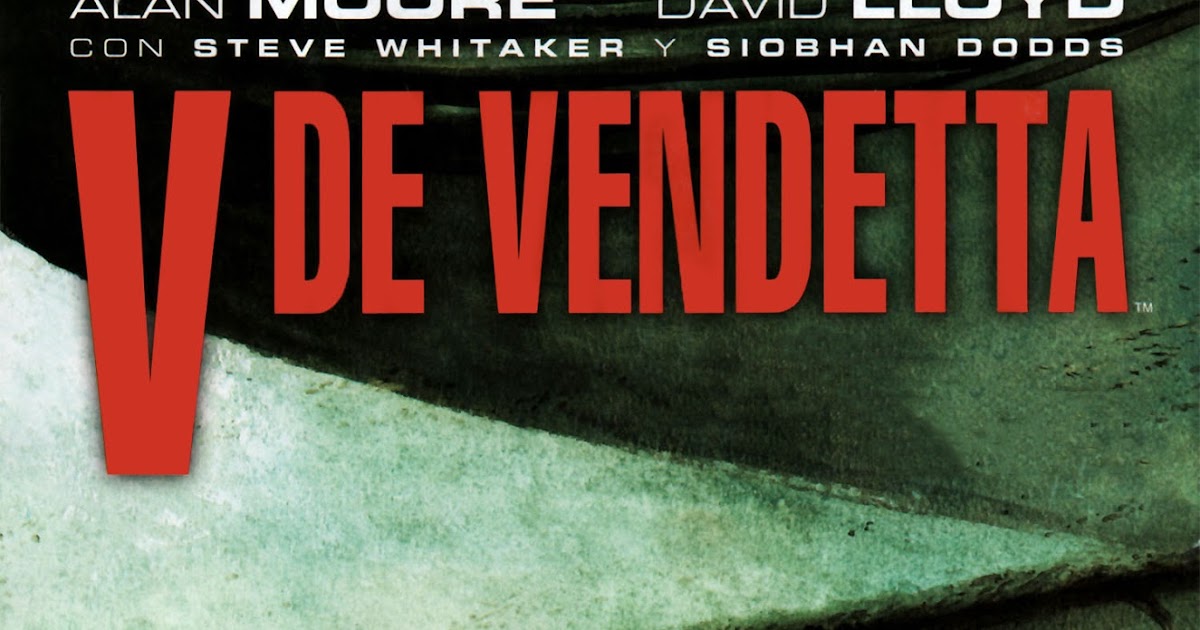
This book first started as a strip in a magazine in the early eighties, and became a 10-issue series once DC comics took it under their wing. It is not an easy read. There are no laughs, no gags, no comic relief. Just hard-hitting, thought-provoking, and a little depressing socio-political drama.
The story is set in a dystopian future in the late nineties, in a world living in the aftermath of a nuclear holocaust. The US and the Soviet Union have obliterated each other, taking most of Asia, Africa and mainland Europe with them. After years of turmoil, a extreme right-wing fascist government comes to power, and promptly eradicates all non-whites, LGBTQs, socialists and liberals. They rule the remainder with an iron hand, with a lot of the 1984 big-brother overtones.
An unnamed anarchist, going by the code name V, starts wreaking havoc in this society. Donning a wig, cape and a Guy Fawkes mask, he goes about blowing up government buildings one by one, and eliminating senior figures in the government. While the government scrambles to catch him, identify him and recover from his shenanigans, the common populace wake up and start revolting against the government. We slowly find out that V is a survivor of a series of horrific scientific experiments conducted by the government, and V is has carefully planned out his Vendetta against the government; one that involves destroying it from within.
In the backdrop of this, V rescues a young girl, Evey, and builds her up as his protege. Will his plan work, and what lies in store for England? Will “England Prevail” ?
This is considered one of the seminal works amongst graphic novels, and is usually near the top in all “Must Read” lists. The overall tone of the comic is grim, and the artwork and colouring suits the tone perfectly. The story telling is absolutely top notch, as one would expect from the past master of the craft, Alan Moore. My only gripe is that there are so many layers to his central character who remains an enigma to the end. How did he get to the start of the story? How did he get his abilities? And most importantly, how did he achieve all he did? We are left a little confused and dissatisfied because of that.
This is, and I cannot stress this enough, an absolute must read.
